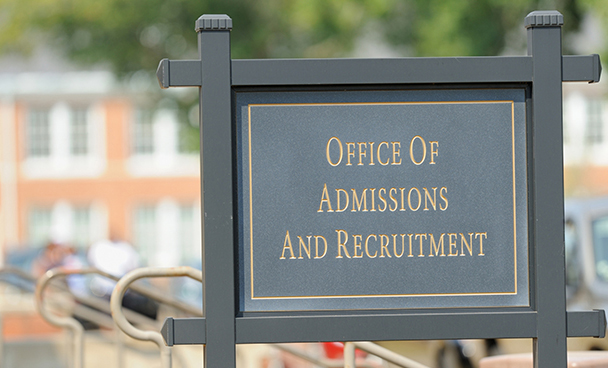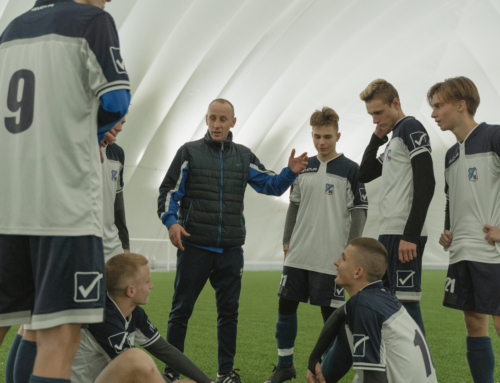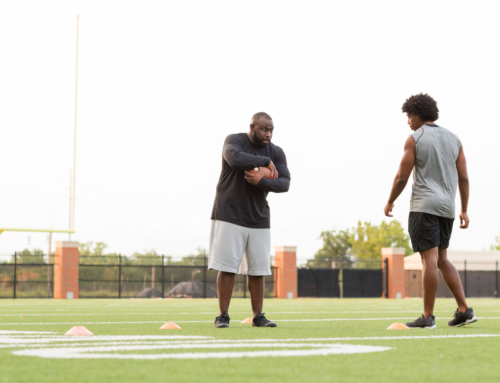True champions are measured by how they respond when their backs are in the corner. In light of the Coronavirus pandemic, we all face seemingly insurmountable challenges ahead. This article offers hope and clarity to prospects and families to advance college recruiting during adverse times.
College prospects, especially high school juniors, now face unique challenges to maximize the college recruiting process. Subsequently, prospects need to accomplish the same amount of work in less time.
Generally, the boys and girls are strong-willed kids who are “tough at the core.” They have shaped a deliberate and robust physical and mental approach to their sport. Nevertheless, while this may be true, our boys and girls are still children. There is a level of anxiety they experience, and we need to help them maintain a steady course in their everyday lives.
Realize the Stakes
The NCAA has recently placed a temporary halt to recruiting and enacted a recruiting dead period for all sports until at least July 31. As a result, the entire College recruiting process may appear to be on hold, but the opposite is true. Although a “dead period” restricts college coaches and prospects and families from engaging in direct, face-to-face contact, it does allow for passive communication with the college coaches. Below is the definition of a dead period:
“A dead period is when it is not permissible to make in-person recruiting contacts or evaluations on or off the member institution’s campus or permit official or unofficial visits by prospective student-athletes to the institution’s campus.” Prospects can (with exceptions) telephone, text, e-mail, and videoconference college coaches.” Therefore, you can continue building momentum with College recruiting and update college coaches with evaluation information that will serve you best.
Accept the Challenge
Most prospects are experiencing various levels of turbulence in their lives and for a good reason. The prudent approach to College recruiting is to accept the current situation at face value, pull up your bootstraps, and advance.
Junior prospects should be especially diligent with organizing personal recruiting plans and targeting “impact” communication with college coaches. First, organize your school transcripts (9-11 grade) and standardized test results (SAT/ACT). Second, edit your highlight video to include your best work. Include an equal balance of competition/game and training video. Third, share this information with the college coaches and request a phone or Zoom meeting.
Skill Transfer
Daily routines build student-athletes. School is structured, as is their sports training regimen. Consequently, the most desirable prospects are those who embrace peak performance. Therefore, those prospective student-athletes who commit to re-wiring and transferring these structured routines to maximize college recruiting will serve themselves best.
Communicate
Avoid communication that prohibits momentum in the recruiting process. Reaching out to say hello to a college coach will not help your cause.
Here is what College coaches looking for:
- Strong students
- Impact athletes
- Future leaders of their teams
Reach out to the college coaches and share your personal story and your dedication to excellence. Prospects should always look for ways to separate themselves from the pack!
We are all in unchartered waters. The core aim for prospects is to advance their College recruiting during adverse times. You have two choices.
- Allow everything remotely negative to fill your minds and crush your hopes and dreams
- Accept that you are confronted with a steep mountain to climb, and face the challenge head-on and confidently.
Did you enjoy the article ‘College Recruiting During Adverse Times’? If so, check out more of our articles HERE.
Article Originally Posted on STACK.com




